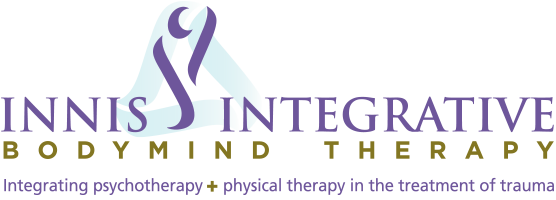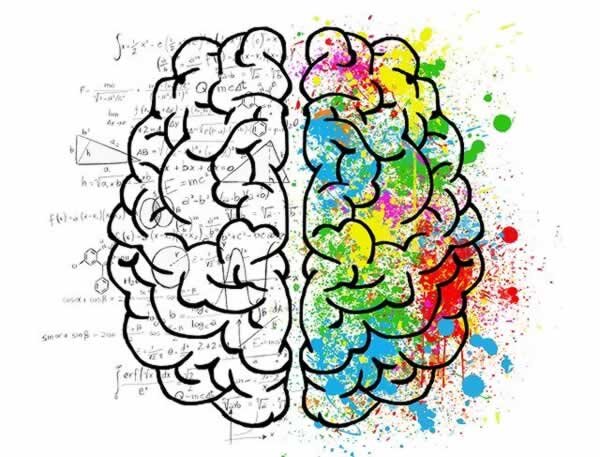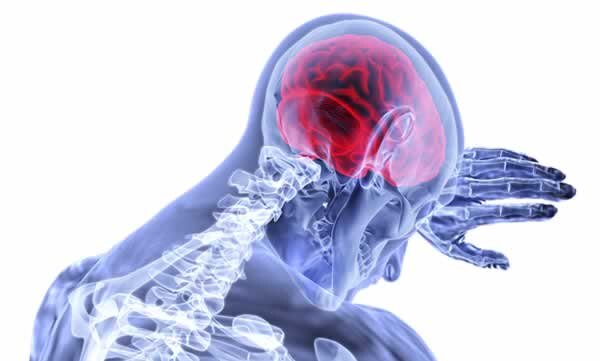Yes, your pain is real, but that doesn’t necessarily mean that something is wrong. Pain is a sensation created in our brains to keep us safe. But what if the brain is creating pain when there is no danger?
Have you experienced a traumatic incident, such as a car accident, assault or surgery recently or long ago? Or, have you been faced with ongoing childhood abuse or neglect?
Sometimes, you might feel like you just want to step off the merry-go-round of life and get away from the daily stresses and responsibilities. Maybe the tasks ahead of you seem impossible to complete, and you are tired of running yourself ragged in an attempt to balance never-ending demands. You may feel stuck, unable to make decisions or begin your day because there is just so much to do.
Are you feeling a little out of control? Like you don’t know how to calm yourself down? Most of us do, at one time or another. Here are a few tips for learning how to self-soothe when it feels like your thoughts or body have taken over.
When you think of pain, you probably think of your body. It turns out that all pain is interpreted and processed in the brain.
Are you feeling like something is holding you back from fully engaging in life? Do you find that talking about the issue doesn’t seem to help?
If you’re like most people, forgiveness can sometimes seem impossible. Maybe you feel like the person who hurt or wronged you doesn’t deserve your forgiveness. Forgiveness can be tough. Let’s review what it is, and what it is not.
Few things in this world are as heartbreaking as a trauma-related loss. In these situations, there is no easy retreat into forgetfulness or a quick reprieve from the pain. You feel every last bit of the hurt. The traumatic nature of the loss may even haunt your mind with persistent images and rumination.
While authentic physical ailments do exist, your mental state affects your physical state more than you might realize. It may seem like an abstract idea to connect your physical discomfort to your past trauma. Still, tracing it back may be more straightforward than you think.
Traumatic experiences change you for the rest of your life. While a common notion is that these changes are only negative, this is not true.
Your body is sending you messages on a daily basis. Whether or not you choose to tune into them is up to you. Listening to your body is more than admitting you feel “off” or unlike your usual self. Interestingly enough, listening to your body requires interaction and response.
Accidents are characterized as traumatic and often perceived as life threatening. When a perceived threat is experienced, the autonomic nervous system (ANS) is instantly aroused in preparation for survival. The first lines of defense are the fight or flight impulses.
We are all born with a deep, basic trust. It is wired into the very fabric of who we are. Babies need to trust to survive. They have no reason not to.
Richard Tedeschi, Ph.D. and Lawrence Calhoun, Ph.D. first coined the term, post-traumatic growth, in 1995. The term evolved over time to emphasize ideas of growth, expansion, and the development of greater resilience as a potential consequence of struggling with trauma.
What is medical trauma? It is trauma resulting from medical procedures, illnesses, and hospital stays involving unexpected complications.
Dizziness, migraines, hearing disturbances, distorted vision, loss of balance and vertigo, a sensation that either you or the room around you is spinning – these are all symptoms of vestibular discomfort. If they are more severe, vestibular discomfort can lead to vestibular disorder.
The election season was full of vitriol and mudslinging. Every day you were inundated with media commentary, alarmist claims, and doomsday headlines. Fear seemed to be everywhere. You spent a year worrying about the country and the quality of its leadership.
Traumatic experiences have a huge impact on our minds. And on our bodies. Sometimes, the responses happen immediately. Sometimes, it takes time for trauma symptoms to appear.
Anger is an unpleasant emotion. Some people feel like they’re constantly angry because of the trauma they’ve experienced. But, despite how scary anger can feel, it’s actually an important part of trauma recovery.
Blog Categories



















